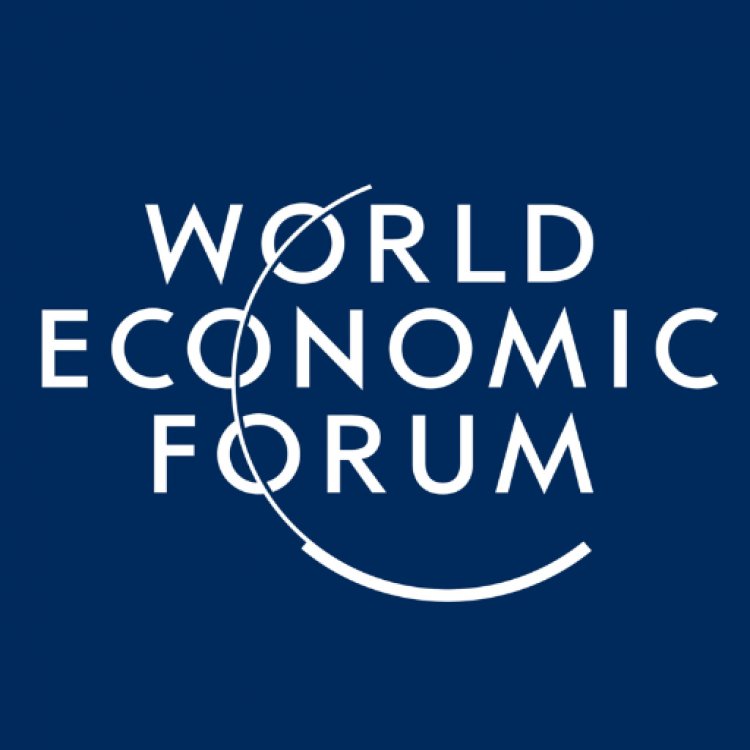Plans to Revive Tourism Industry Underway
The resurgence of covid-19 cases following the discovery of a new variant has delivered another disappointing blow to the tourism industry following the second wave of lockdowns and boarder closures. However, the World Economic Forum has strategized ways to revive the industry

The resurgence of covid-19 cases following the discovery of a new variant has delivered another disappointing blow to the tourism industry following the second wave of lockdowns and boarder closures.
Tourism industry rose to the forefront of the global agenda in 2020, due to the devastating impact of COVID-19 across the globe with countries taking decisive actions to protect their citizens and halting international travel.
However, the recovery of that hit-hard industry that left many jobless and in poverty, is believed to be driven by technology and innovation though expected to be long, uneven and slow.
According to the World economic forum, the pandemic resulted to a 74% decline in international visitor arrivals, equivalent to over $1 trillion revenue losses and an estimated 62 million fewer jobs as well as claiming nearly 2.9 million lives since the outbreak in 2019.
This has presented a hard challenge of reopening borders to resume travel and commerce to countries while protecting their populations’ health.
“Every country on earth had implemented some travel restriction, signaling the magnitude of the operation to restart travel,” reported the World Tourism Organization, UNWTO, in April last year.
With the second wave of lockdowns, border closures and the roll out of vaccination programs, the World Economic Forum report states that the World ‘will not see a significant rebound in international travel until the middle of this year at best’.
According to a study on managing overcrowding, the top 20 most popular global destinations were predicted to add more international arrivals than the rest of the world combined by 2020.
“While COVID-19 will have disrupted this trend, it is well known that consumers want to travel again, and we must address the issues associated with overcrowding, especially in nascent destinations, like Saudi Arabia,” stated the report.
“Tourism has the potential to be an engine of economic recovery provided we work collaboratively to adopt a common approach to a safe and secure reopening process and conversations on this are already underway,” added the report.
Through the G20, which Saudi Arabia hosted in 2020, discussions focused on how to leverage technology and innovation in response to the crisis, as well as how to restore traveller confidence and improve the passenger experience in the future.
At the global level, across the public and private sectors, the World Economic Forum is working with the Commons Project on the Common Pass framework, which will allow individuals to access lab results and vaccination records, and consent to having that information used to validate their COVID status.
International Air Transport Association, IATA, is trialing the Travel Pass with airlines and governments, which seeks to be a global and standardized solution to validate and authenticate all country regulations regarding COVID-19 travel requirements.
The provision of solutions that minimize person-to-person contact responds to consumer wants, with IATA finding that 85% of travellers would feel safer with touchless processing.
With the growing hopes towards reviving the tourism industry, the World Economic Forum believes that the the solutions will be critical in opening of the borders in a way that is safe, seamless and secure, while giving tourists the confidence to travel again.
As the report states, the availability of vaccines will also make the entire process easier and doable.
However, the forum will have the mandate to ensure processes and protocols are aligned globally, and that they support countries with limited access to vaccinations to eliminate the threat of another resurgence.
“It is only when businesses and travellers have confidence in the systems that the sector will flourish again,” said the report.
The report further said that the approach taken by Saudi Arabia to establish consensus and to build collaborative relationships internationally and between the public and private sectors should serve as a model to other countries in order to maximize the tourism’s sectors contribution to the global economic recovery.
“The approach taken by Saudi Arabia and its partners to establish consensus and build collaborative relationships internationally and between the public and private sectors, should serve as a model to be replicated so that we can maximize the tourism sector’s contribution to the global economic recovery, while ensuring that it becomes a driver of prosperity and social progress again,” urged the report.

























